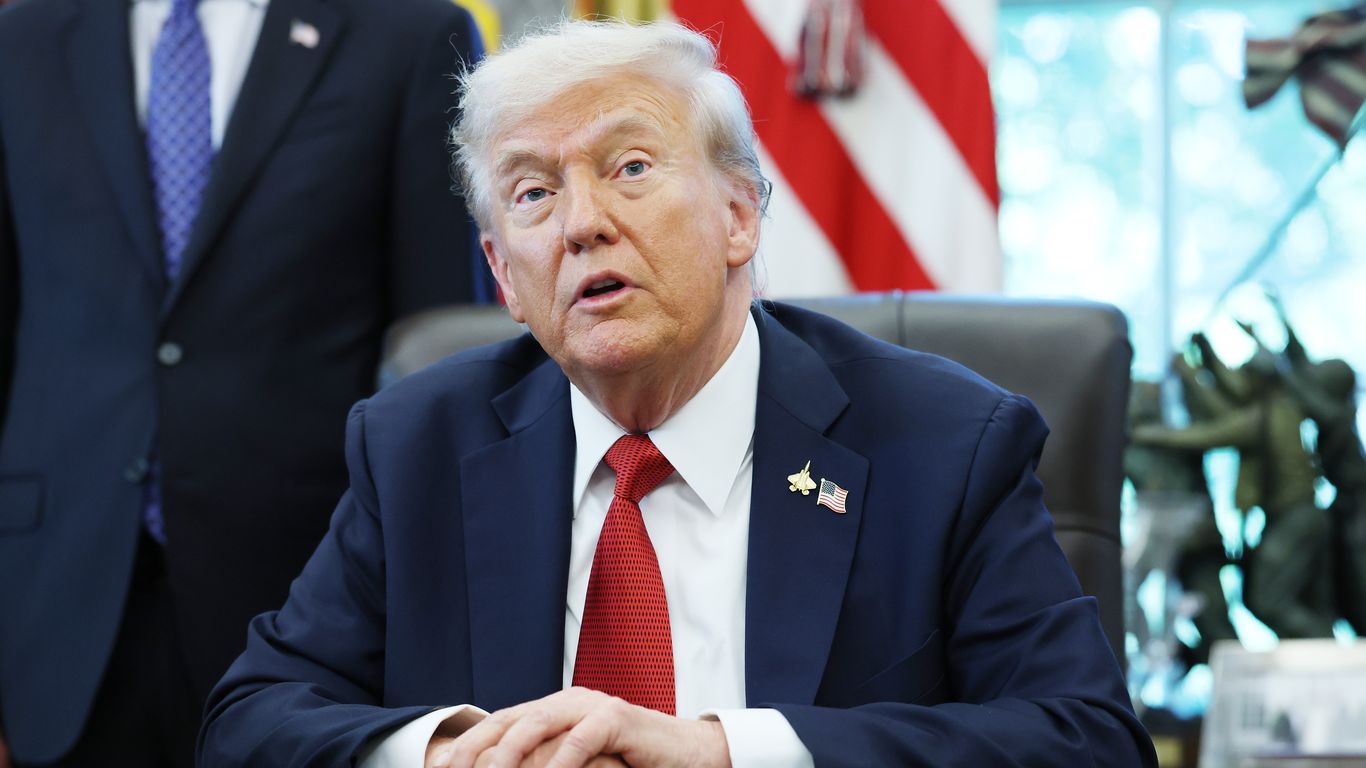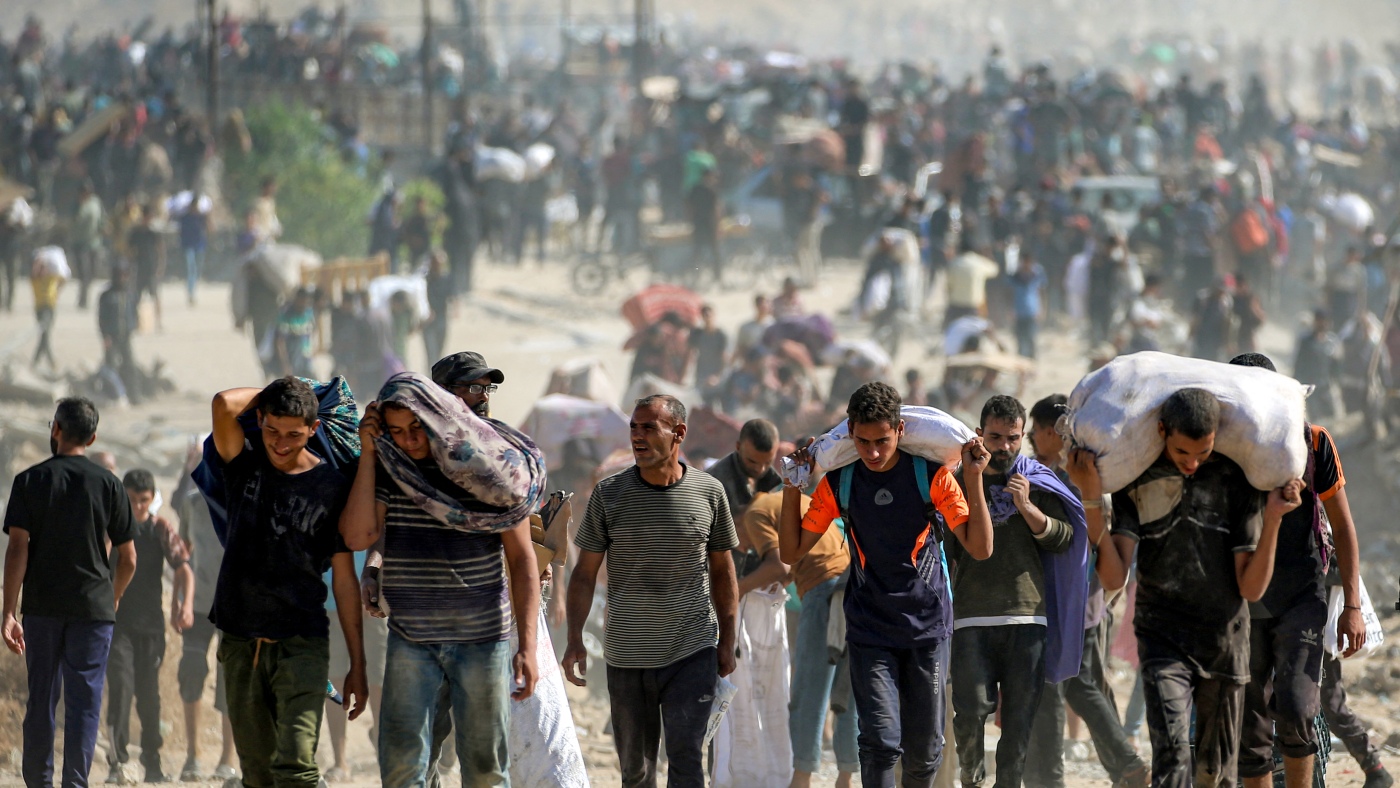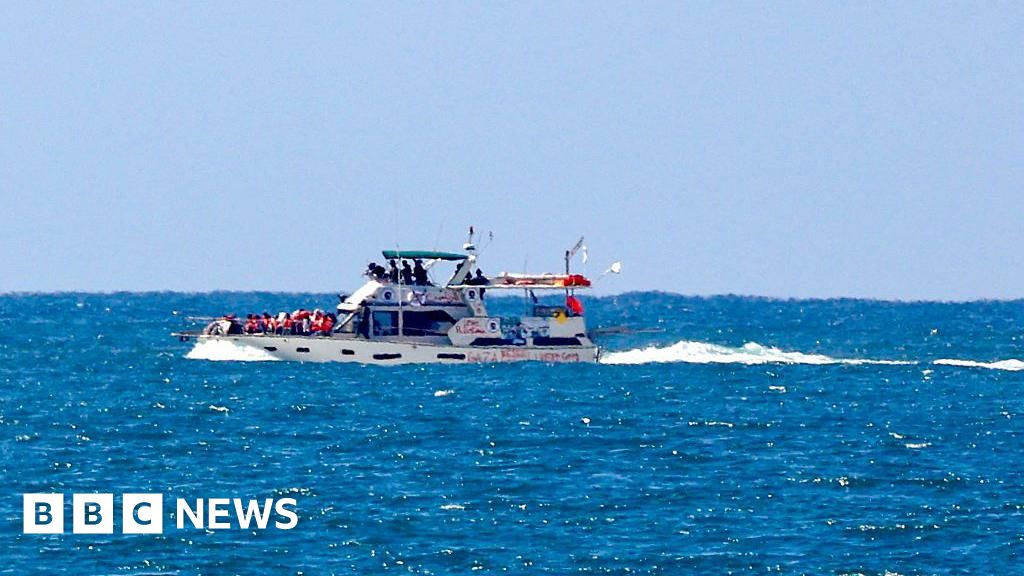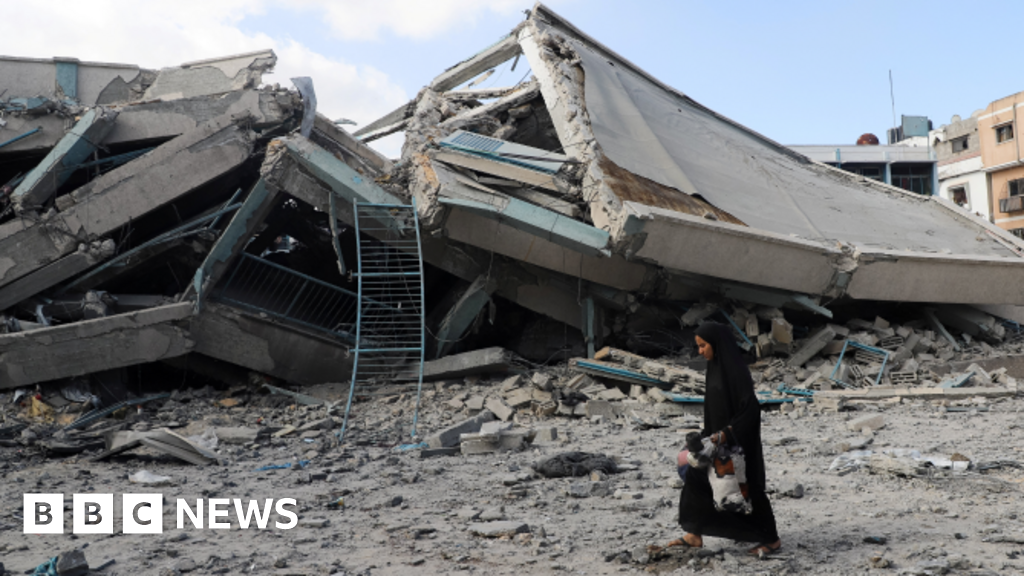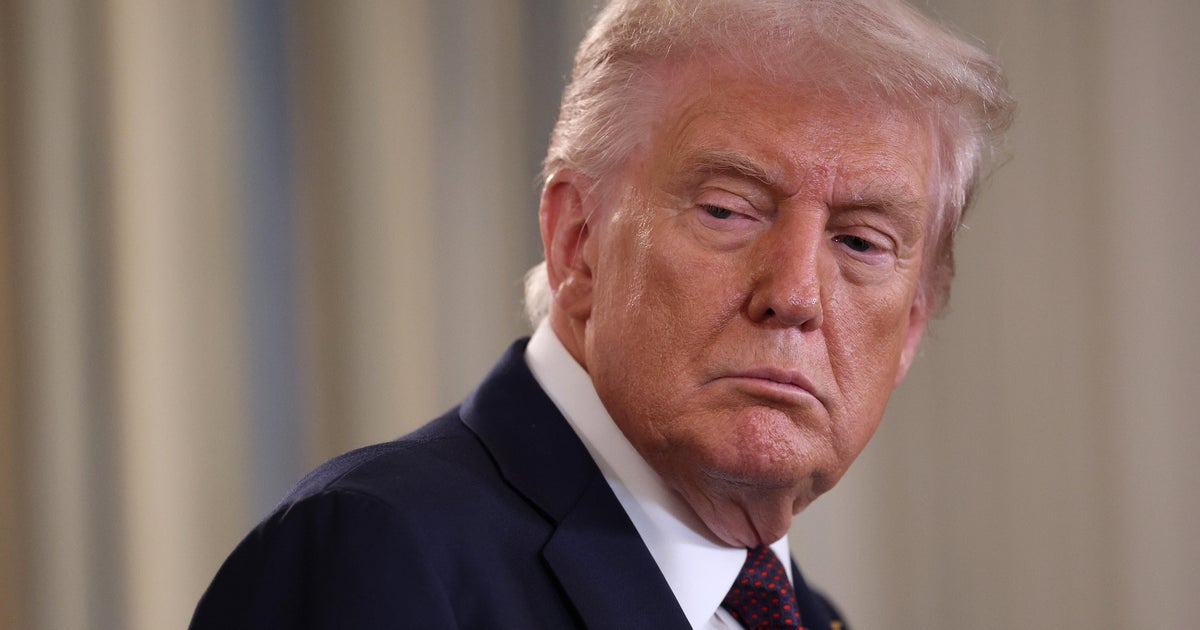Gaza Peace Talks: A Fragile Path Toward a Ceasefire
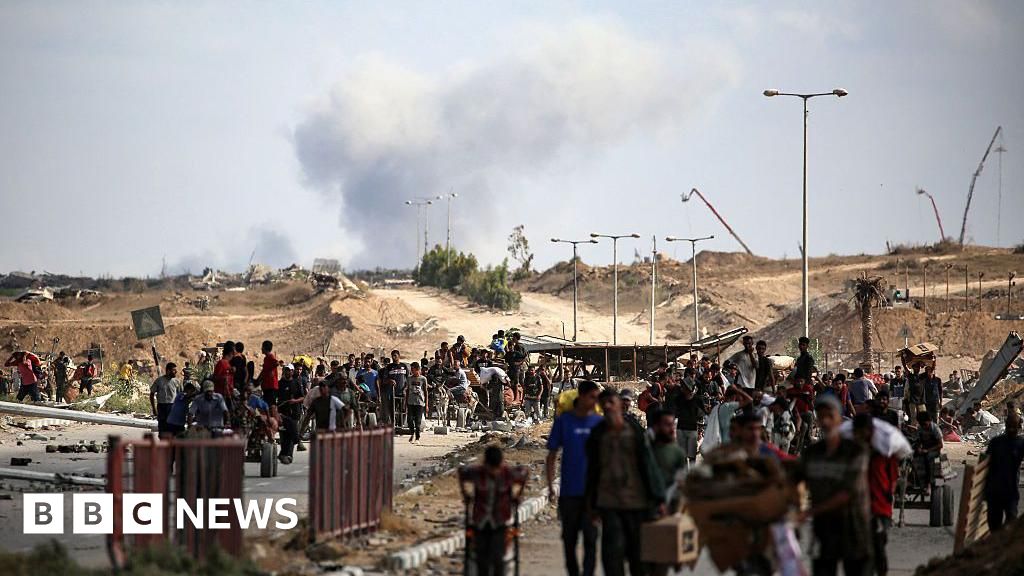
Gaza Peace Talks: A Fragile Path Forward
As Israeli and Hamas negotiators prepare to convene in Sharm El-Sheikh, Egypt, hopes for a lasting ceasefire in Gaza remain tempered by deep-rooted disagreements. The indirect talks, mediated by Egyptian and Qatari officials, aim to halt months of devastating conflict, but analysts caution that core issues—such as the release of hostages, prisoner exchanges, and the lifting of the Gaza blockade—continue to divide the sides. International observers stress that while both parties publicly express a desire for peace, their conditions for a deal appear far apart, reflecting years of mutual distrust and unresolved grievances.
Stumbling Blocks and Stakes
Key sticking points include Hamas’s demand for a complete Israeli withdrawal from Gaza and guarantees for reconstruction aid, while Israel insists on dismantling Hamas’s military capabilities and securing the return of all captives. The humanitarian crisis in Gaza adds urgency, yet political posturing and security concerns on both sides threaten progress. With regional stability at risk, the international community watches closely, hoping that compromise can prevail over entrenched positions and bring relief to civilians caught in the crossfire.
About the Organizations Mentioned
Hamas
**Hamas** is a Sunni Islamist Palestinian nationalist organization that functions both as a political party and a militant group, primarily operating in the Gaza Strip, which it has governed since 2007. Founded in 1987 by Ahmed Yassin amid the First Intifada, Hamas emerged from the Muslim Brotherhood and initially had covert Israeli support as a counterweight to the secular Palestinian Liberation Organization (PLO)[3][1]. It combines political governance with an armed wing, the al-Qassam Brigades, committed to armed resistance against Israel, which it refuses to recognize as a legitimate state[1][3]. Hamas’s political rise culminated in a 2006 electoral victory in the Palestinian Legislative Council, campaigning on anti-corruption and resistance platforms. After violently seizing Gaza from the rival Fatah faction in 2007, Hamas has maintained de facto control there despite international isolation and blockades imposed by Israel and Egypt[3]. Its governance has been marked by repeated conflicts with Israel, including major wars in 2008–09, 2012, 2014, 2021, and the ongoing intense conflict triggered by Hamas’s surprise October 2023 attack killing nearly 1,200 Israelis and taking hostages[1][2][3]. Hamas benefits from regional support, especially from Iran, which supplies funding and weapons, as well as financial and political backing from Turkey and Qatar. These alliances form part of a broader "axis of resistance" against Israel, which includes groups like Hezbollah and Palestinian Islamic Jihad[2]. Hamas also operates fundraising networks globally, sometimes using charities as fronts to support its military activities[4]. The group is designated a terrorist organization by many countries, including the United States, which has increased military aid to Israel following recent escalations[2][6]. Despite modifying its 1988 charter in 2017 to soften some language, Hamas continues to reject Israel’s legitimacy and pursues all forms of resistance[1]. Its enduring political

